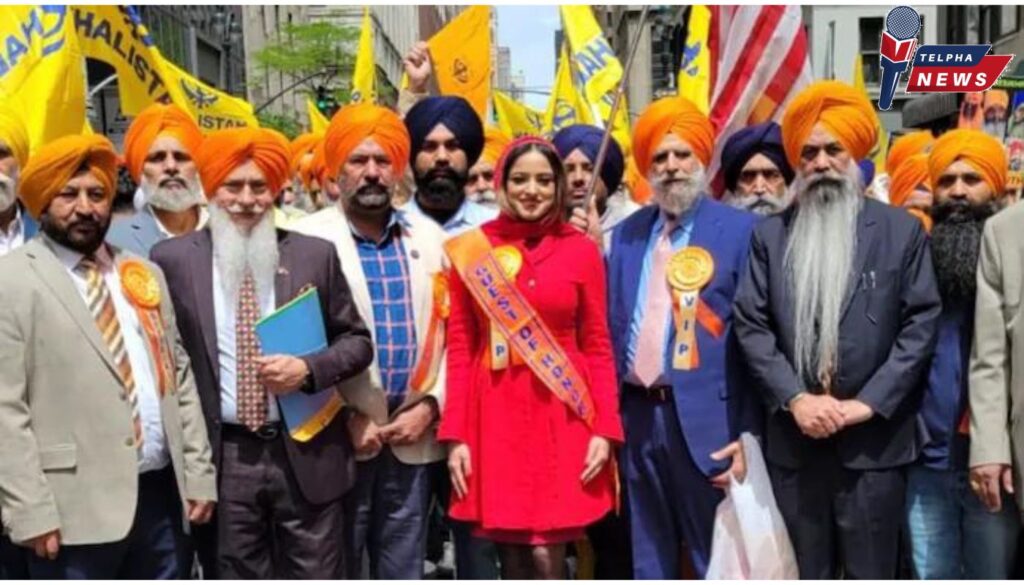
The recent controversy surrounding Jenifer Rajkumar, the first Punjabi-American elected to a New York state office, highlights the intricate interplay between symbolism, identity, and public perception. Rajkumar’s attendance at the Sikh Day Parade as the Guest of Honour, coupled with a social media post depicting Khalistani flags in the background, ignited a firestorm of debate and criticism online.
Celebrating Sikh Values:
In her public statements, Rajkumar commendably praised the Sikh community’s commitment to values of equality, unity, and compassion, acknowledging their significant contributions to New York City’s vibrant cultural tapestry. The Sikh Day Parade, marking the celebration of the Sikh New Year, serves as a platform for commemorating these cherished principles and fostering solidarity within the community.
Unraveling Symbolism:
However, the presence of Khalistani flags in the background of Rajkumar’s photo prompted a swift backlash, with some individuals accusing her of tacitly endorsing terrorism and aligning herself with extremist ideologies. The association of Khalistani separatism with acts of violence, such as the tragic Air India Flight 182 bombing, evokes painful memories and stirs deep-seated emotions, particularly among those affected by such atrocities.
Navigating Identity Politics:
The controversy surrounding Rajkumar’s perceived endorsement of Khalistani symbols underscores the complex terrain of identity politics and the delicate balance between cultural pride and political sensitivities. For many Sikhs, the Khalistani flag symbolizes aspirations for self-determination and recognition of historical grievances. However, its appropriation by extremist elements tarnishes its symbolism and engenders apprehension within broader society.
Addressing Misconceptions:
Amidst the furor, it is essential to distinguish between the legitimate expression of cultural identity and the promotion of violence or terrorism. Rajkumar’s purported association with Khalistani separatists, whether intentional or inadvertent, warrants scrutiny and clarification. Engaging in constructive dialogue and dispelling misconceptions is paramount to fostering understanding and reconciliation within diverse communities.
Global Implications:
The controversy surrounding Rajkumar’s photo coincides with broader discussions surrounding Khalistani activism and its impact on international relations. Instances of pro-Khalistan sentiments, such as the recent event in Toronto during Canadian Prime Minister Justin Trudeau’s address, underscore the transnational nature of identity politics and its implications for diplomatic discourse.
Conclusion:
As the discourse surrounding Jenifer Rajkumar’s photo unfolds, it serves as a sobering reminder of the complexities inherent in navigating cultural symbolism and political sensitivities. Balancing the celebration of cultural heritage with the condemnation of violence requires nuanced engagement and a commitment to fostering mutual respect and understanding. In an increasingly interconnected world, embracing diversity while confronting extremism is imperative for building a more inclusive and harmonious society.